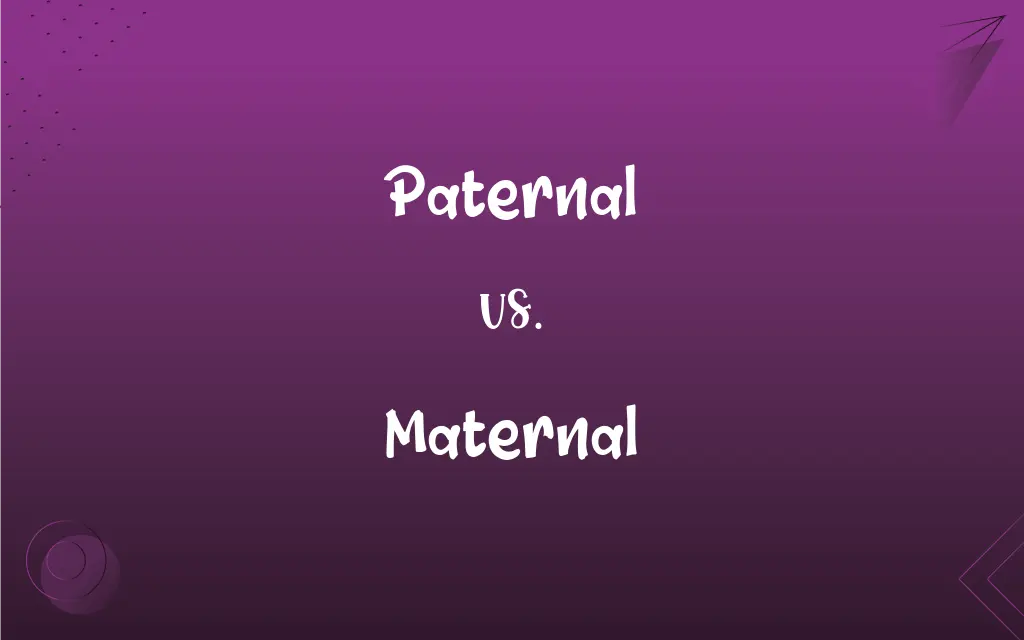

Paternal and maternal are terms derived from Latin, which describe relationships or qualities associated with fathers and mothers, respectively. The term "paternal" originates from the Latin word "pater" which means "father." It encompasses everything that is related to or characteristic of a father. Conversely, "maternal" stems from the Latin word "mater," meaning "mother," signifying everything tied to or characteristic of a mother.
In family trees or genealogy, when tracing lineage or ancestry, "paternal" is used to describe the father's side of the family, while "maternal" pertains to the mother's side. If one were to discuss their paternal grandparents, they would be referring to the grandparents on their father's side. Conversely, maternal grandparents would mean the grandparents on their mother's side.
From a behavioral or psychological standpoint, when referring to instincts or feelings, the term "paternal" denotes those associated with fathers. For instance, a paternal instinct might reflect a father's inherent drive to protect and provide for his offspring. On the other hand, "maternal" instincts or feelings are those inherently linked to mothers, often highlighting a mother's nurturing and caring nature towards her children.
In medicine and genetics, "paternal" and "maternal" are used to describe genes or traits inherited from a person's father or mother, respectively. Paternal genes are those derived from the father, while maternal genes come from the mother. This distinction is crucial in understanding inherited characteristics and potential genetic disorders.